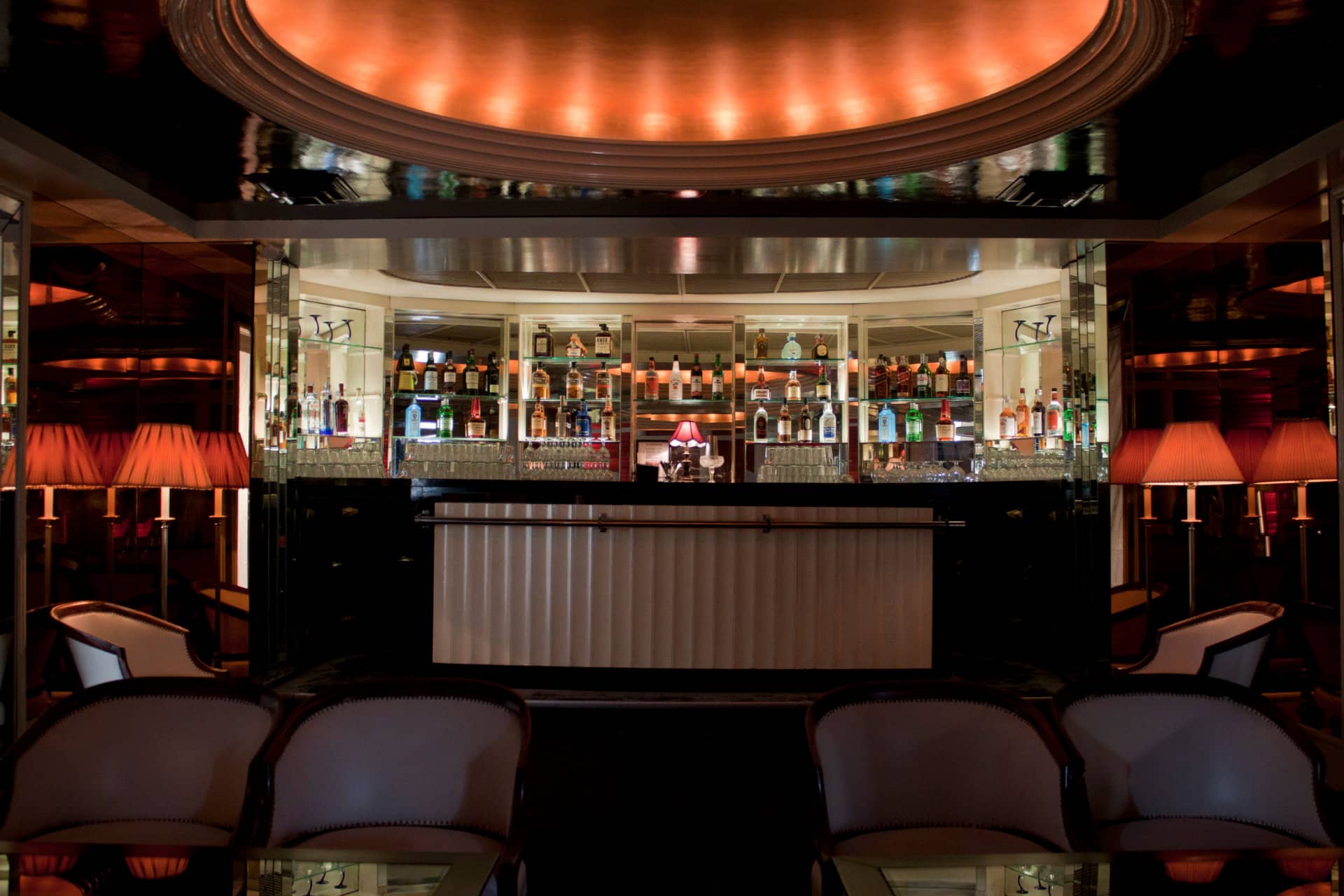
The History of The Commodore
In 1920, the Commodore Hotel opened as the third of Cathedral Hill’s great residential hotels, joining the Blair House (now a condominium like the Commodore) and the Aberdeen (demolished in 1944).
1920 was a time of great change in St. Paul and the nation. The previous ten years saw the construction of the Cathedral, the Saint Paul Hotel, the University Club of Saint Paul, the Saint Paul Athletic Club, The Minnesota Club, and the last of the Great Summit Avenue mansions.
Change was in the air – the 19th amendment passed, giving women the right to vote. Prohibition began, and with it the age of speakeasies, bathtub gin, and a few gangsters hiding out in St. Paul.



The Jazz Age
During the 1920s, Lindbergh makes his solo transatlantic flight, Babe Ruth hit 60 home runs (a record that stood for 30 years), the silent film era ended and the glamorous film age began.
The era witnessed the beginnings of the Jazz Age and the Harlem Renaissance. Figures larger than life appeared in politics and the arts, and women became emancipated not just because of the vote – shortening their skirts and dancing the Charleston, they became known as “Flappers”. “Big bands” played and swing dancing became the rage.
Grand Art Deco ballrooms and hotels appeared around the world along with the construction of the Waldorf Astoria Hotel in New York – an icon of glamour and luxury opening in the 1931.
And of course, the stock market crashed just as the tallest Deco skyscraper in the world, the Empire State Building, began construction. This coincided with construction of another Deco landmark, the First National Bank building. This became St. Paul’s tallest building. And competed with the Empire State Building for building materials during construction. Both buildings, along with the Art Deco City and County Courthouse, were planned and started immediately before the financial panic of the ‘29 stock crash. All three opened during the Depression.

Prohibition
Prohibition during the 1920s forced the closure of the Commodore Hotel’s bar.
However, the Commodore featured a speakeasy in the basement and hosted the likes of F. Scott Fitzgerald. Many families moved into the Commodore from the Cathedral Hill homes their children had grown up in.
Even a few mobsters arrived in town, taking advantage of the O’Conner Rule, which gave the Chicago mob protection from prosecution in St. Paul in return for leaving us alone.
The 21st Amendment Ends Prohibition
By 1933, the Harlem Renaissance was in full swing and the bands of the time played in Harlem at the Apollo, Cotton, & other clubs. The 21st Amendment passed, ending Prohibition.
To celebrate, the owners of the Commodore Hotel joined the Art Deco hotel design craze and hired Werner Wittkamp to design a fabulous bar reminiscent of the bars found in some of the then-great transatlantic ocean liners.
Mr Wittkamp was born in Berlin and came to the United States to work for Flo Zigfeld’s Zigfeld Follies in New York designing lavish stage sets. He also worked with Max Reinhardt and the great F. W. Murnau on the sets for many great silent films.
As the remodeled bar reopened in 1934, former resident F. Scott Fitzgerald published his novel Tender is the Night to rave reviews.




